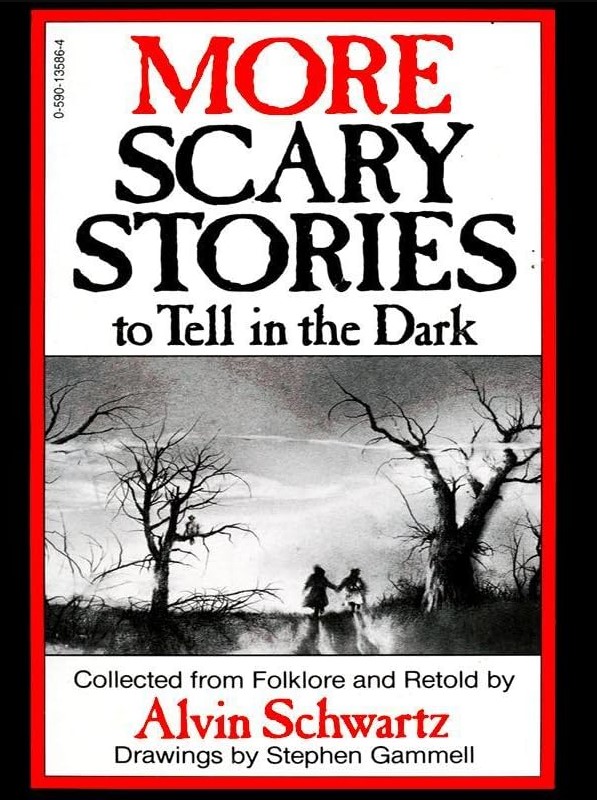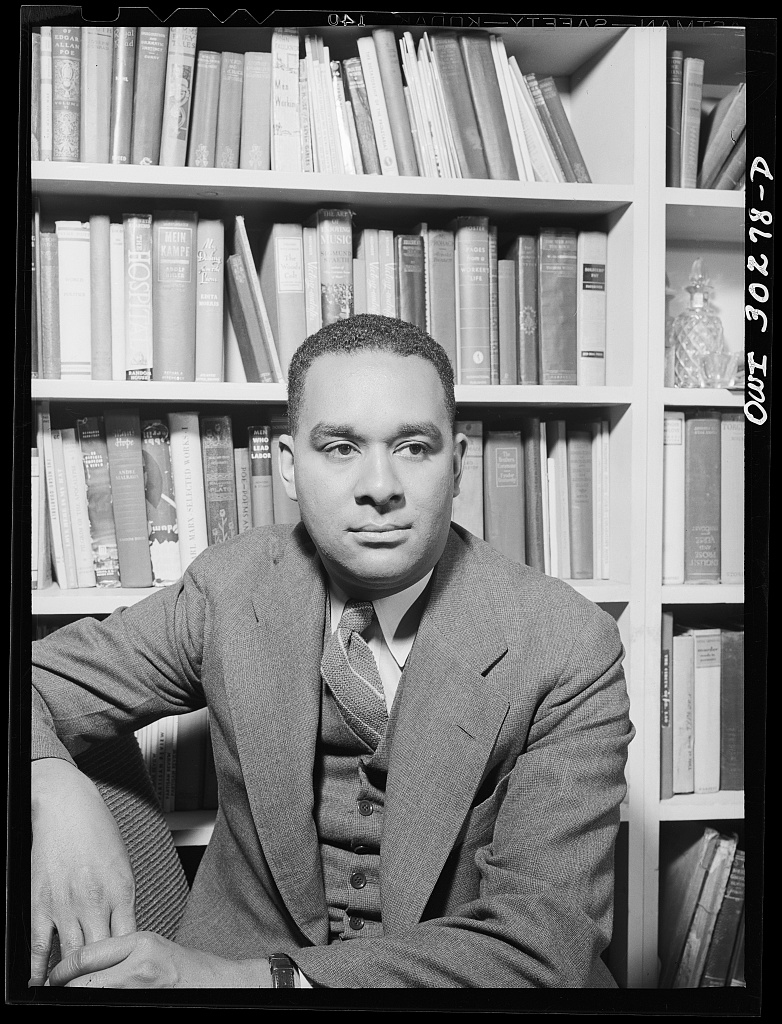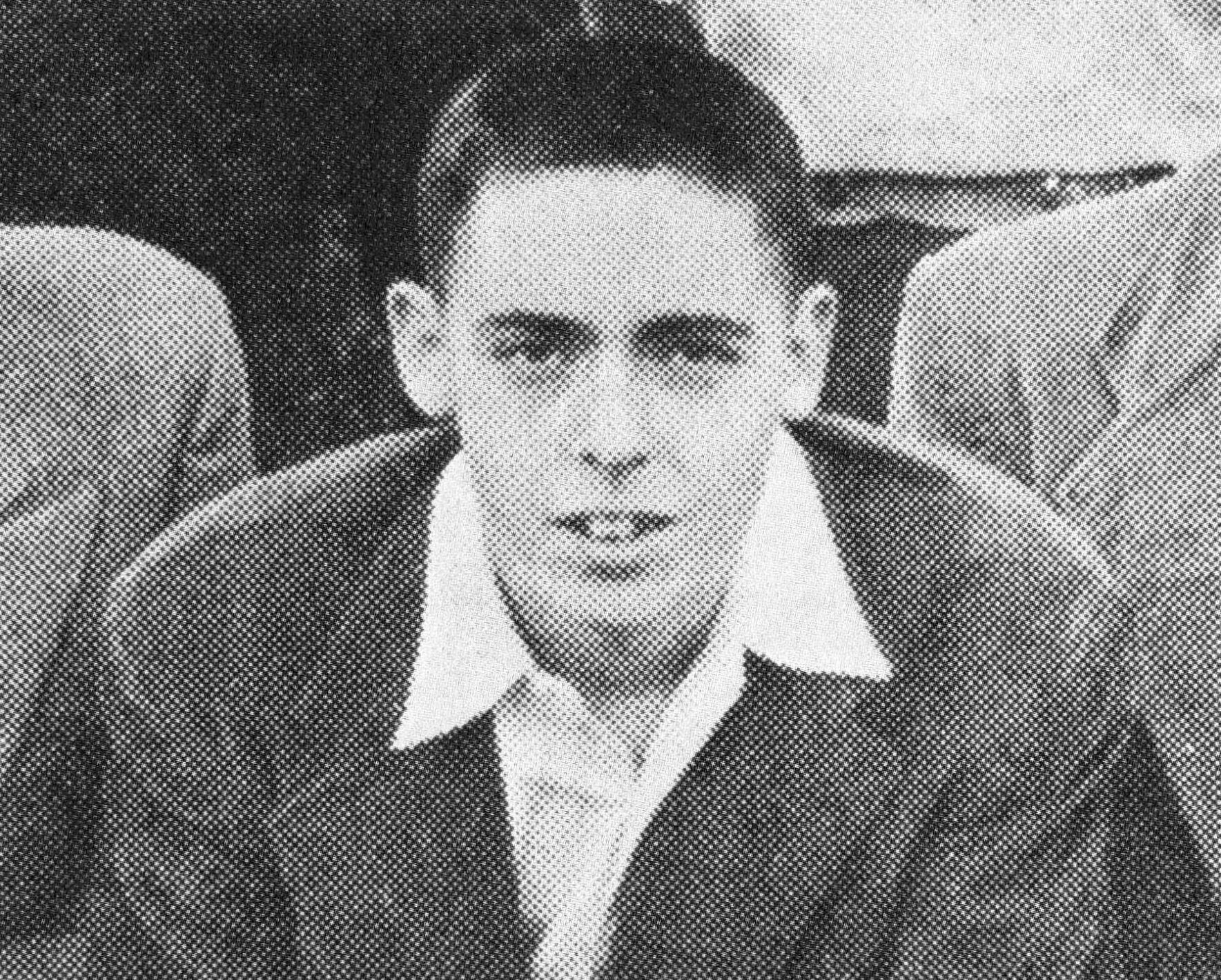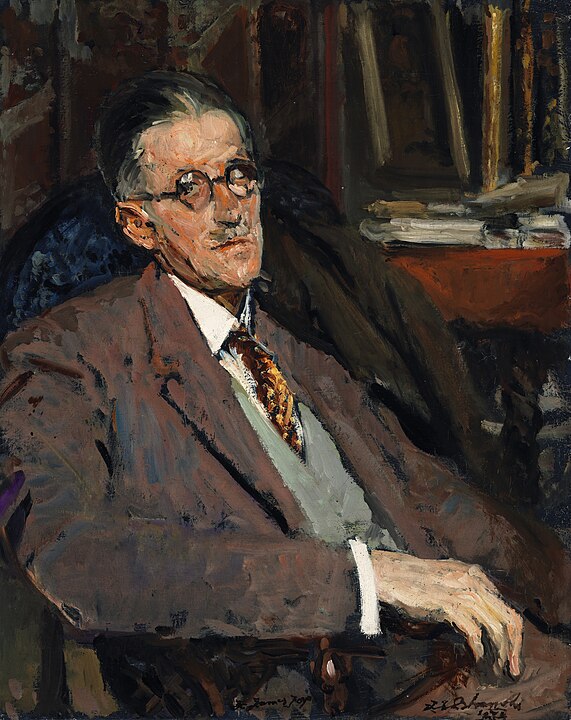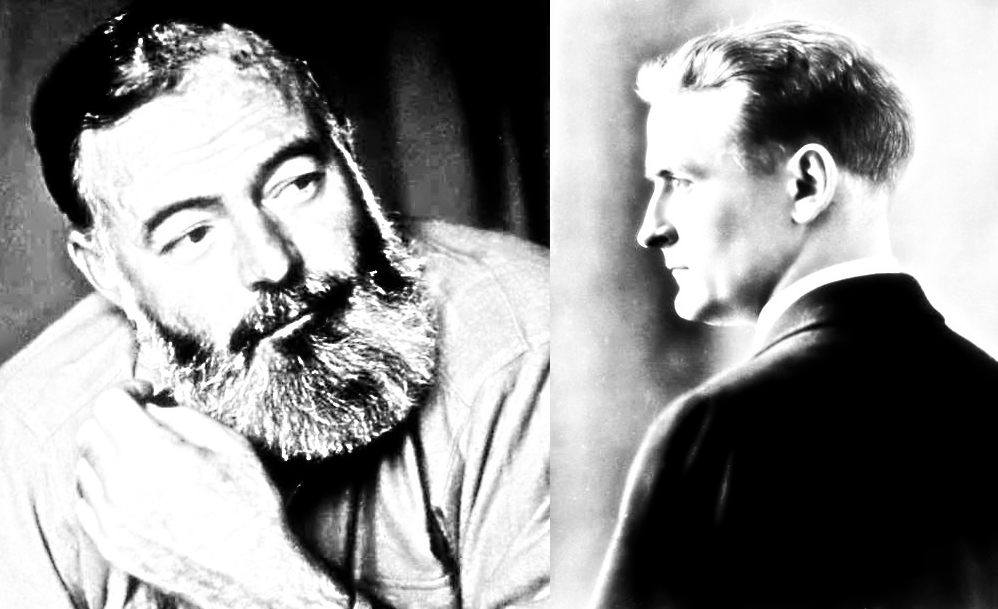Blog
-
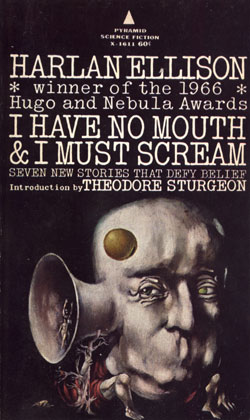 Posted On Blog
Posted On Blog“I Have No Mouth and I Must Scream” by Harlan Ellison: Horror and Dystopia


Today we look at the classic horror, science-fiction, futurist story “I Have No Mouth and I Must Scream” by Harlan Ellison. Join us to learn…
-
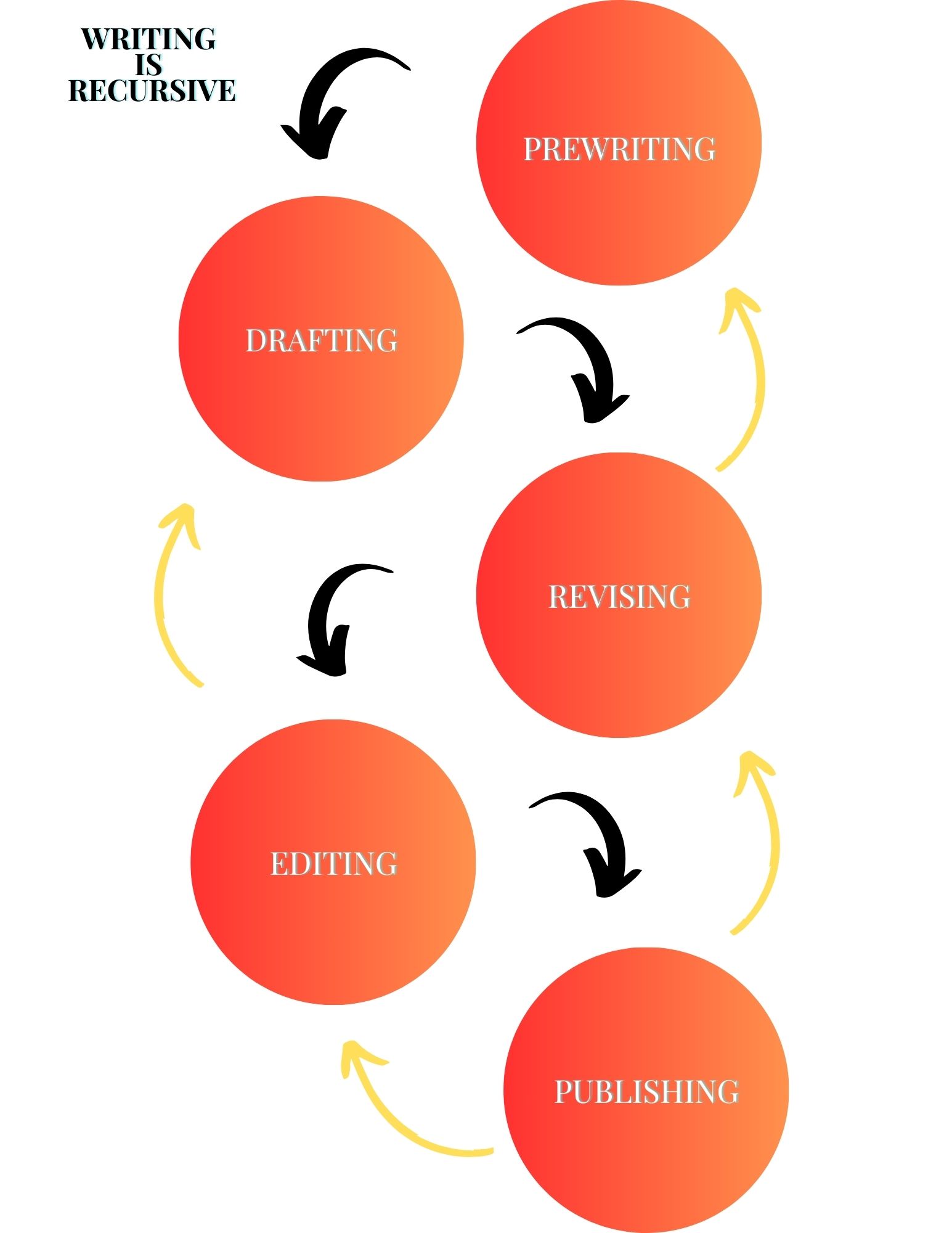 Posted On Blog
Posted On BlogExploring Writing as a Recursive Process


Understanding writing as a recursive process is important to understand how to successfully revise and repeat parts of the process!
-
 Posted On Blog
Posted On BlogFolkloric Bigfoot: Legends, Origins, and Importance


Bigfoot is a well-known cryptid, and today we explore how “legends” (specifically Bigfoot) are important in storytelling and language.
-
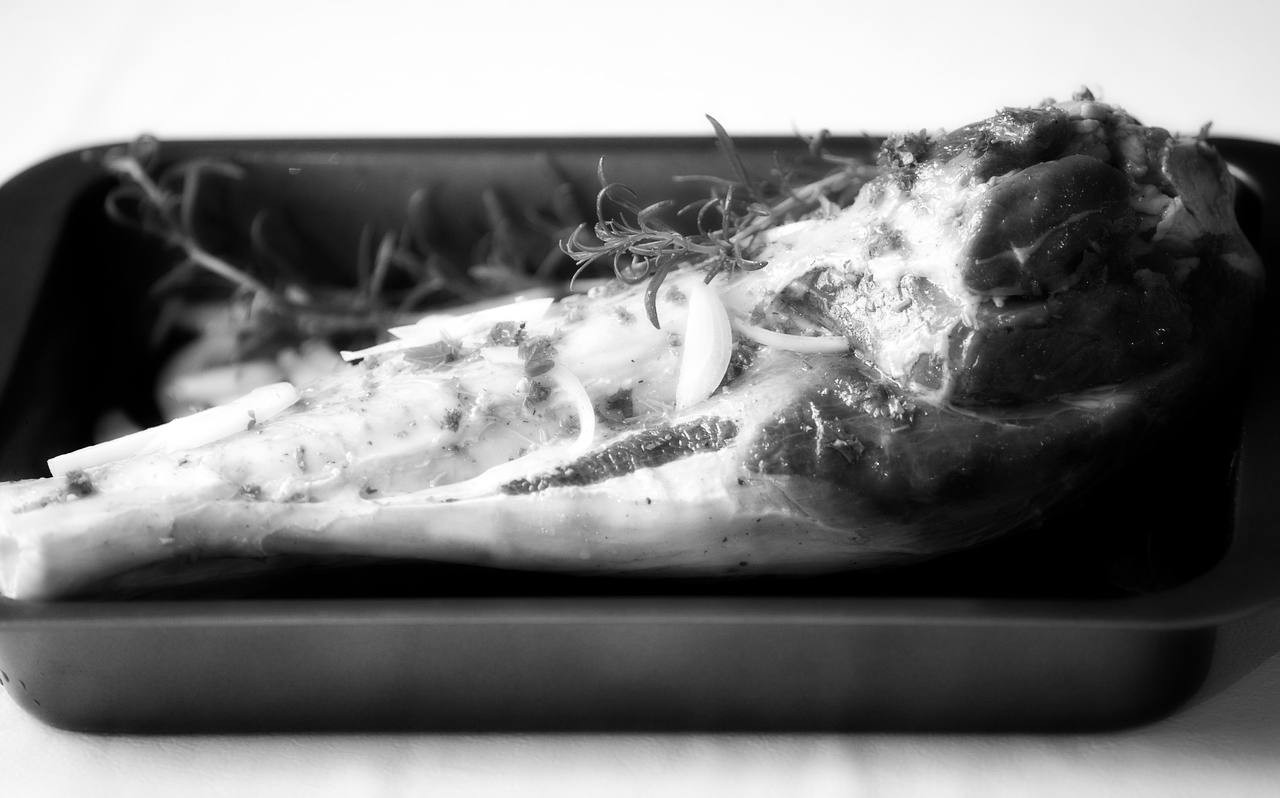 Posted On Blog
Posted On Blog“Lamb to the Slaughter” by Roald Dahl: Norms and Murder


I wanted to get around to looking at a Roald Dahl short story, so join me for today’s post as we examine “Lamb to the…
-
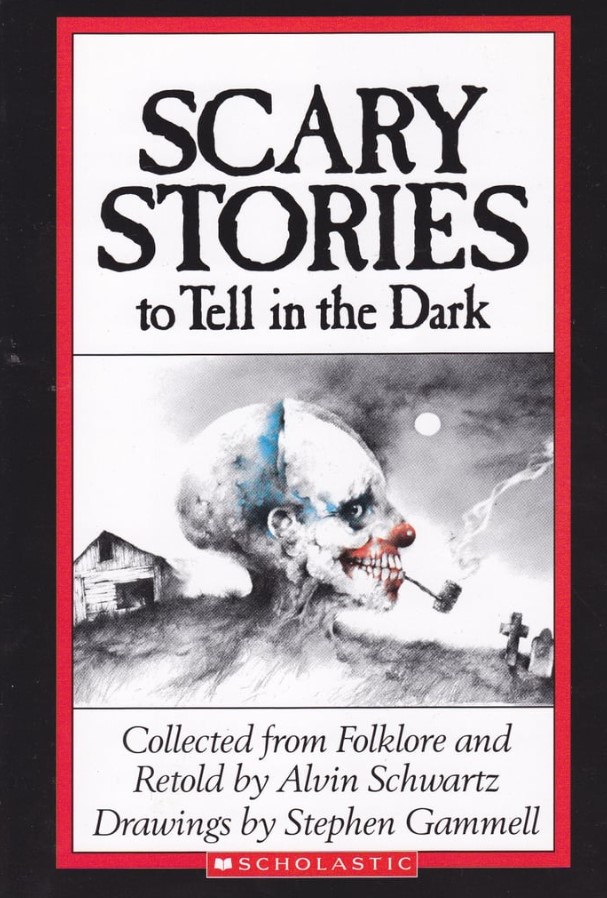 Posted On Blog
Posted On Blog‘Scary Stories to Tell in the Dark’: Disturbing Imagery and Delightful Tales


It wouldn’t be October without Scary Stories to Tell in the Dark! Let’s take a look!
-
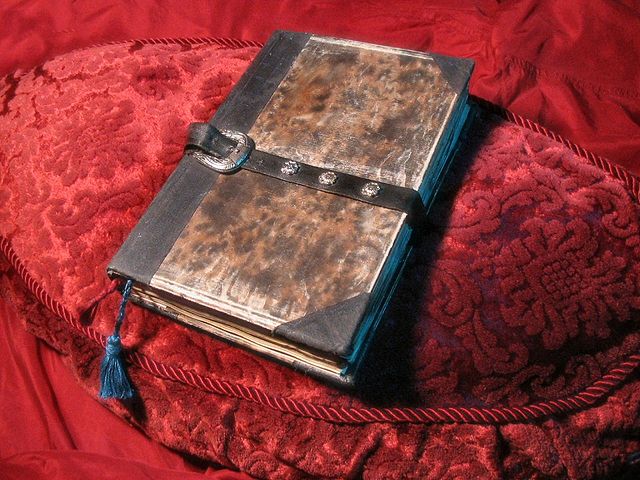 Posted On Blog
Posted On BlogFour of the Most Evil Books Ever Written


We are taking a look at some evil books today, both real and fiction.
-
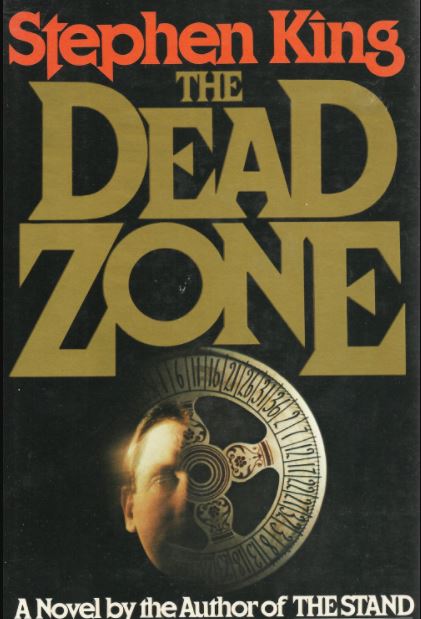 Posted On Blog
Posted On Blog“The Dead Zone” by Stephen King: Alienation and Recovery


I take a look at Stephen King’s “The Dead Zone,” because it’s just a fantastic novel.
-
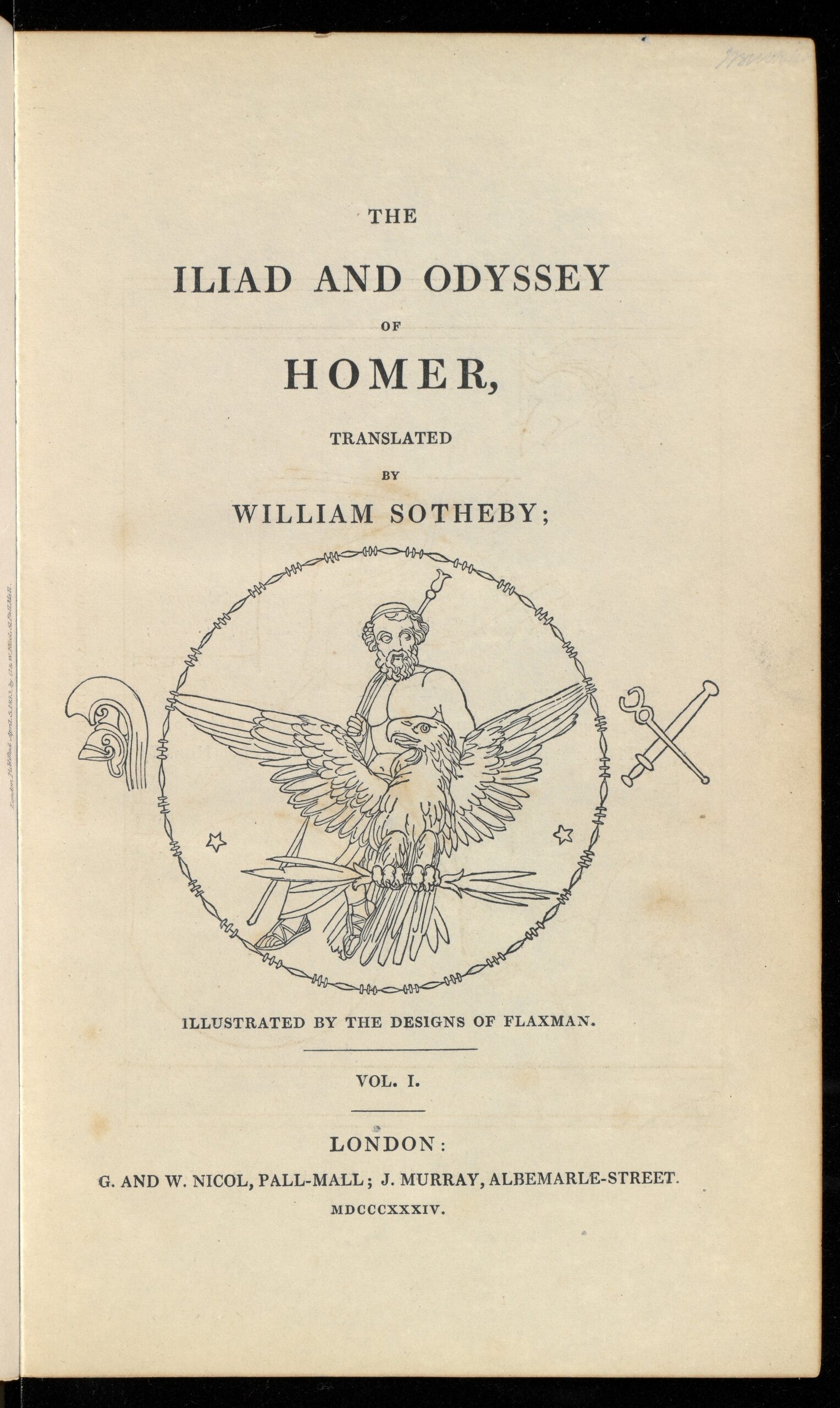 Posted On Blog
Posted On BlogDefining Epithets and How to Use Them


Today, we are taking a look at “epithets,” how they work, and the different kinds that exist out there.
-
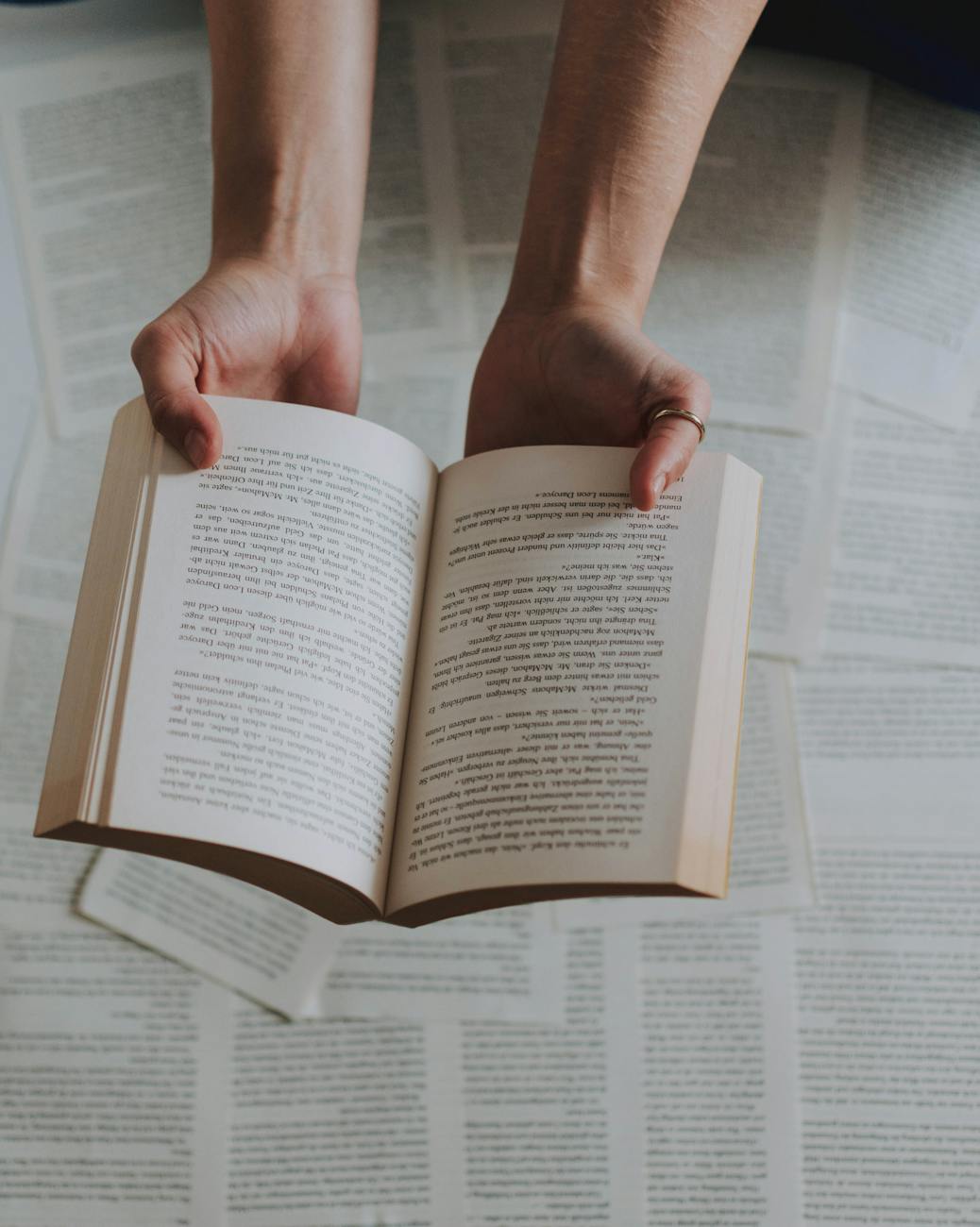 Posted On Blog
Posted On BlogThe Great Vowel Shift: What is It, and Why Did It Happen?


This post is about The Great Vowel Shift, causes and effects.
